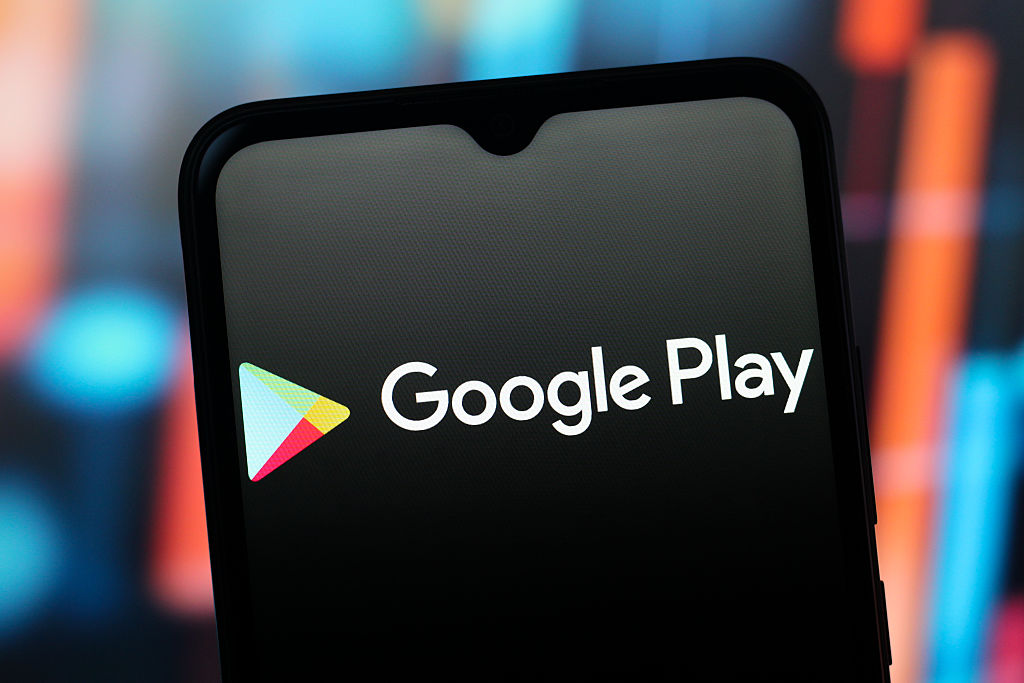Justices side against Google


The Supreme Court on Monday declined to temporarily block a district court order requiring changes to the Google Play app store based on its violation of antitrust law. Citing security concerns, Google had asked the justices to allow it to maintain its current Play store policies for app-related purchases. The court offered no explanation for its denial, as is its custom on the interim docket.
The challenged order came in a dispute between Google and Epic Games, which makes Fortnite, over Google’s rules for its Android operating system and the Play store. Epic Games contended that Google was unlawfully suppressing competition by discouraging the creation and use of new app stores on its Android operating system by, in part, making it more difficult for users to install new app stores, and forcing developers that used the Play store to adopt Google’s payment system for in-app purchases and pay Google a service fee for such purchases.
In 2023, after a three-week trial, a jury sided with Epic, finding that Google’s policies enabled it to unlawfully maintain a monopoly in the market for app stores and prevent app developers from avoiding fees on in-app purchases. U.S. District Judge James Donato ordered Google to change its terms of service to allow for more app stores on its Android operating system and less restricted use of the Play store for three years. He also said that Google developers had to be allowed to use their own payment systems and that any fees associated with use of the Play store or creation of a new app store had to “be based on Google’s actual costs.”
The part of the order dealing with independent payment systems is set to take effect later this month, while the changes related to competing app stores aren’t required to happen until July 2026.
Google appealed both the jury verdict and Donato’s injunction, but the U.S. Court of Appeals for the 9th Circuit affirmed them. In its request for interim relief, filed on Sept. 24, Google said it intended to ask the Supreme Court to review the 9th Circuit’s decision and urged the justices to pause the parts of Donato’s order requiring changes in the short-term until they consider Google’s cert petition because allowing them to take effect would expose “users and developers to substantial new safety and security risks” “by enabling stores that stock malicious, deceptive, or pirated content to proliferate.”
In its response to Google’s request, Epic said that such a pause is unnecessary, contending that “the jury, district court and court of appeals” already rejected the company’s claim that new purchasing rules will create security risks. “[T]he sky will not fall if links appear in apps [directing “users to alternative purchase and download options”]; indeed, Google already allows links for certain purposes, such as purchases of physical goods and services,” Epic’s brief said.
As a result of Monday’s order from the court, Google will have to change its Play store policies to allow app developers to use their own payment systems for in-app purchases because the justices won’t consider the forthcoming cert petition until November at the earliest. If the court eventually takes up the case and sides with Google, the company may be able to avoid making the broader changes to its Android operating system that Donato ordered, such as allowing for more app stores on its Android operating system.
Disclosure: SCOTUSblog cofounder Tom Goldstein previously represented Epic Games.
Posted in Court News, Emergency appeals and applications
Cases: Google LLC v. Epic Games, Inc.